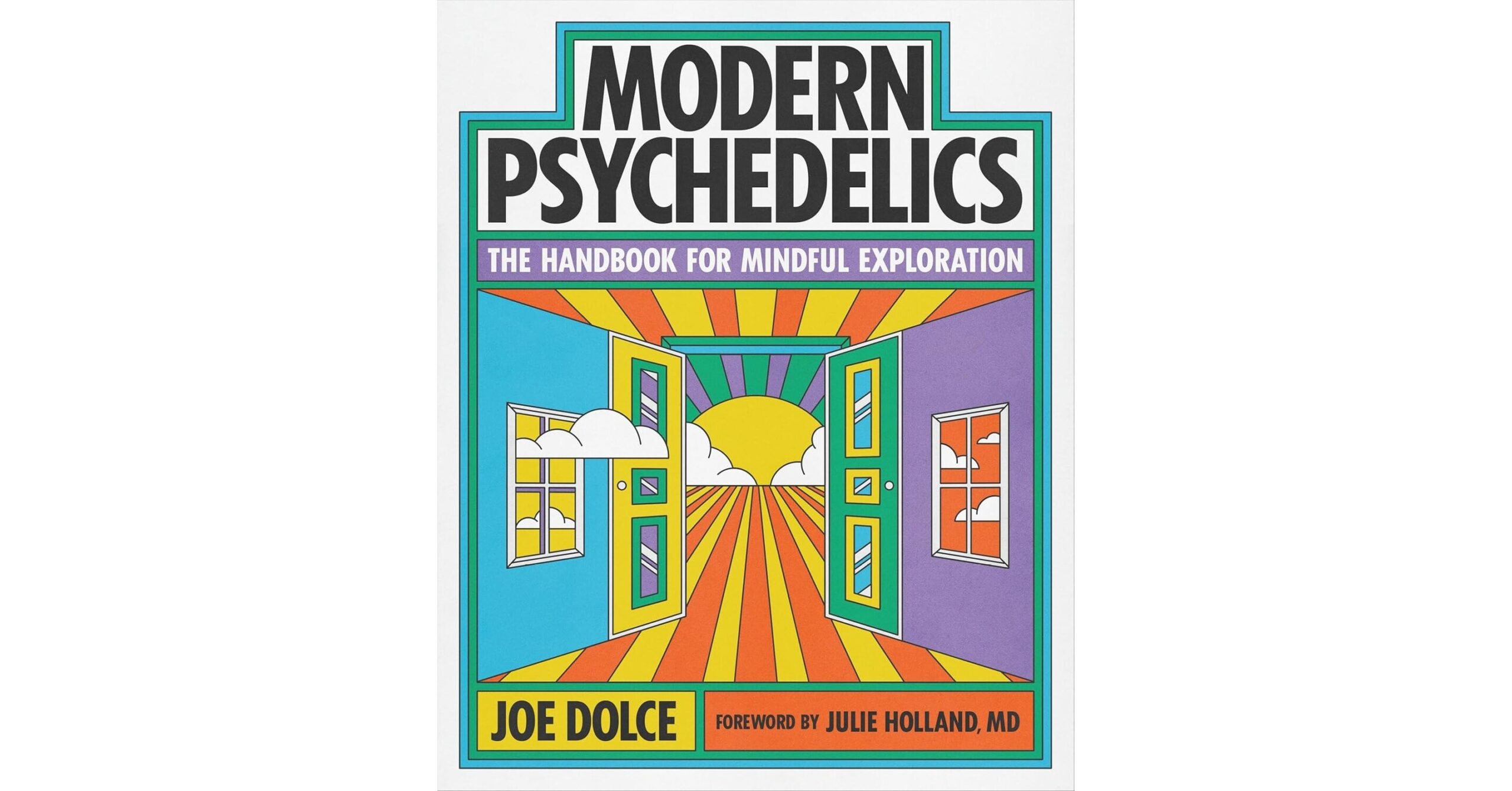Health
10.4 Million Americans Turn to Psychedelics, New Handbook Released

The use of psychedelics among Americans has surged, with approximately 10.4 million individuals engaging with these substances, according to recent data from the Substance Abuse and Mental Health Services Administration (SAMHSA). This increase reflects a significant cultural shift where diverse groups, including professionals and veterans, are exploring psychedelics for various purposes, such as treating depression and enhancing creativity. Recognizing the need for reliable information, a new handbook titled Modern Psychedelics has been released to guide users through the evolving landscape of psychedelic substances.
Many individuals turning to psychedelics are seeking alternatives to conventional mental health treatments. The evidence points to a growing trend among older adults, with usage rising from 2.1% in 2021 to 3.4% in 2024. This represents approximately 7.7 million adults over the age of 26 who are increasingly dissatisfied with traditional therapies. Joe Dolce, the author of the widely acclaimed cannabis guide Brave New Weed, emphasizes the importance of providing accurate information. “We’re witnessing an unprecedented cultural shift,” Dolce stated, highlighting the need for safety knowledge among users.
The handbook addresses critical issues surrounding the responsible use of psychedelics. It outlines current legal pathways, including ketamine therapy and state-licensed psilocybin programs. Many individuals are unaware of the regulations governing these substances, which can vary significantly by jurisdiction. By providing clarity, the handbook aims to reduce potential harm associated with unregulated use.
Equipped with comprehensive safety protocols, Modern Psychedelics covers eight major substances, offering essential guidelines on dosing, contraindications, and integration strategies. Users can benefit from techniques aimed at maximizing positive outcomes and minimizing adverse effects. The handbook advocates for harm reduction strategies, allowing individuals to make informed decisions regarding their health and well-being.
The growing interest in psychedelics is not isolated to specific demographics but spans a wide range of societal groups. From soccer moms to corporate executives, individuals are exploring these substances with varying motivations. The shift reflects a broader acceptance of psychedelics as viable options for mental health treatment and personal growth.
As the cultural landscape continues to evolve, it is crucial that users have access to reliable information. The rise in psychedelic use signifies a departure from stigmatization, underscoring the need for education and resources. By equipping individuals with the knowledge they require, Modern Psychedelics serves as a vital tool in navigating this transformative period.
In summary, the significant increase in psychedelic use among Americans highlights a critical need for proper guidance and resources. The release of Modern Psychedelics aims to fulfill this gap, ensuring individuals can safely explore these substances while making informed choices. As the conversation around psychedelics grows, it is essential to prioritize safety and education in this rapidly changing field.
-

 World5 months ago
World5 months agoSBI Announces QIP Floor Price at ₹811.05 Per Share
-

 Lifestyle5 months ago
Lifestyle5 months agoCept Unveils ₹3.1 Crore Urban Mobility Plan for Sustainable Growth
-

 Science4 months ago
Science4 months agoNew Blood Group Discovered in South Indian Woman at Rotary Centre
-

 World5 months ago
World5 months agoTorrential Rains Cause Flash Flooding in New York and New Jersey
-

 Top Stories5 months ago
Top Stories5 months agoKonkani Cultural Organisation to Host Pearl Jubilee in Abu Dhabi
-

 Sports4 months ago
Sports4 months agoBroad Advocates for Bowling Change Ahead of Final Test Against India
-

 Science5 months ago
Science5 months agoNothing Headphone 1 Review: A Bold Contender in Audio Design
-

 Top Stories5 months ago
Top Stories5 months agoAir India Crash Investigation Highlights Boeing Fuel Switch Concerns
-

 Business5 months ago
Business5 months agoIndian Stock Market Rebounds: Sensex and Nifty Rise After Four-Day Decline
-

 Sports4 months ago
Sports4 months agoCristian Totti Retires at 19: Pressure of Fame Takes Toll
-

 Politics5 months ago
Politics5 months agoAbandoned Doberman Finds New Home After Journey to Prague
-

 Top Stories5 months ago
Top Stories5 months agoPatna Bank Manager Abhishek Varun Found Dead in Well









